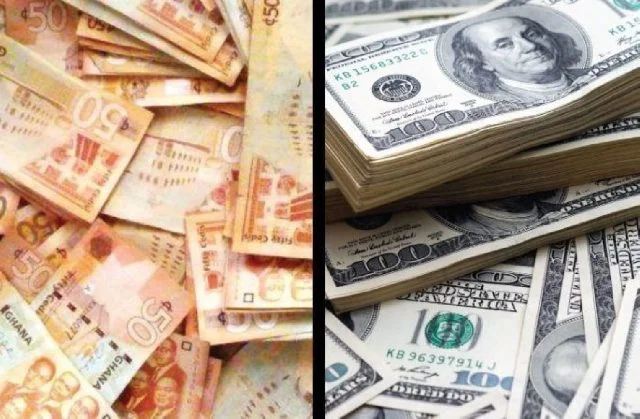The Ghanaian cedi has shown a slight recovery against the US dollar after a period of significant depreciation. As of the latest reports, one dollar is now being exchanged for GH¢16.22, marking a small but welcome improvement for the country’s currency.
The cedi has faced considerable pressure in recent months due to a combination of global economic challenges, rising inflation, and increased demand for foreign currency. These factors have caused the cedi to weaken sharply against major currencies like the dollar, euro, and pound, leading to concerns about inflation and the cost of imports in Ghana.
However, the recent uptick in the cedi’s value comes as a sign of hope for both businesses and consumers. Financial analysts attribute this slight recovery to efforts by the Bank of Ghana to stabilize the currency, including measures to control inflation and improve liquidity in the market. The central bank has been working to increase its foreign currency reserves, which has helped alleviate some of the demand pressure on the cedi.
While the recovery is still modest, it offers some relief to importers who have been grappling with high exchange rates. The improved exchange rate could also slightly ease inflationary pressures on goods and services, especially those that depend heavily on imports.
Despite this small improvement, the cedi’s future remains uncertain, as global economic conditions continue to fluctuate. Experts warn that the cedi is still vulnerable to external shocks, such as rising oil prices and interest rate hikes by the US Federal Reserve, which could put renewed pressure on the currency.
For now, Ghanaians are hopeful that the slight recovery will continue, as the government and central bank work together to address the underlying issues that have affected the cedi’s stability. Many are watching closely to see if this positive trend can be sustained in the coming weeks.























